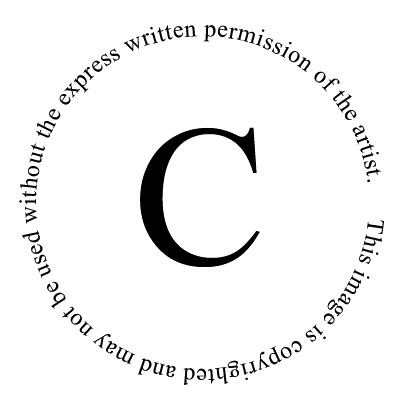Modern copyright has been influenced by an array of older legal rights that have been recognised throughout history, whose legacy development may be harming our future. It traditionally protected the moral rights of the author who created a work, the economic rights of a benefactor who paid to have a copy made, the property rights of the individual owner of a copy, and a sovereign’s right to censor and to regulate the printing industry. I’m not going to say copyright is dead, but perhaps now irrelevant, given the evolution of media. As I’ve argued before, access to information is more valuable than ownership and modern copyright law doesn’t recognise this fully.

Rethinking media
Media, content, and other related words essentially are words that reflect human expression. When you read a book or a newspaper article, it’s another human being expressing something to you. That expression in turn, generates an experience for you – such as (but not limited to) interpretation, entertainment and reflection. You can’t “capture” media and lock it in a jar – you can only remember it. No one can own the individual words in a body of text because no one owns a language. But that power of provoking emotions in other people is powerful and outright scary if you truly realise the power.
We are now seeing a dramatic evolution in the media landscape. The disruptive influence, of what was called “user generated content” yesterday and now called “social media”, is making us rethink the media in our world. The thing is, it’s the same thing as any media – it’s human beings expressing themselves. The only difference now, is that the means of that expression has changed – less so technologically and more so the actual process – to one that is many-to-many.

Rethinking value
Social media is about discussions rather than broadcasts. It’s about the producer and consumer of the information interacting. Everyone has an opportunity to respond to my blog post here, and sometimes I respond. Other times I don’t, but that doesn’t matter because it still impacts me and future readers of my blog post with an alternative perspective.
What we are seeing now is a move way from the mass production of media, and a growth in the mass socialisation of media. It’s not about how many people you can push your content to, but how engaging your content can be. The economic models supporting content are still evolving, but it’s engagement that pays the bills. An engaged reader will be more receptive to advertising (which is increasingly important as advertising performance is now more accountable) and for the subscription model of content, engagement is what retains a customer. To retain a readership, you need compelling content.
However this old media adage about compelling content is changing. The socialisation of content isn’t just about pushing content, as insomuch discussing it. It’s about building a community of people that are passionate and interested: an expertise network where value comes from being in the same place as others that are like-minded. An example of this can be see with Read Write Web, who have created an exclusive community manager community. GigaOM, another innovator in the media space, has done the same thing for premium content that runs in parallel with its popular (free) blogs. Compelling content is now about building compelling communities. Copyright works well for static objects – but not so much for people interacting freely.

Rethinking copyright
This is a complex subject and I by no means am being definitive here. But I simply want to raise a question of what really is the value of copyright? If content is an expression that generates an experience in a human, then specific types of expression need specific treatment. And if compelling communities are now a new form of engaging with content, requiring a lock down on the content produced may actually hurt value. As another form of content, news has value in its immediacy and is useless a day later as the news is constantly evolving. There’s no value of copyright there as ‘time’ is where news derives its value from – not long-term protection.
Should copyright be dead? No, that’s not what I am arguing – rather, it needs a rethink of what exactly it’s protecting, with its scope reduced. Like a parent protecting a child, if you protect them too much, they might never actually experience life, be happy and potentially ignorant to future dangers – which is what a parent is ultimately responsible for. The aggressive remarks of newspaper executives I’ve heard in the last month about being more aggressive in their copyright may not be the right solution. Protection of assets is valuable only when it enhances future value.
Let’s be careful we not lose sight of what we are protecting and why.

